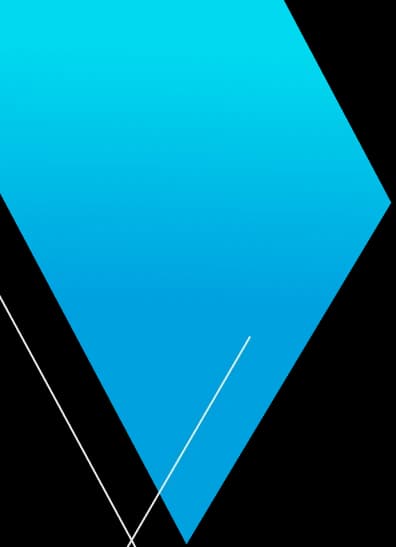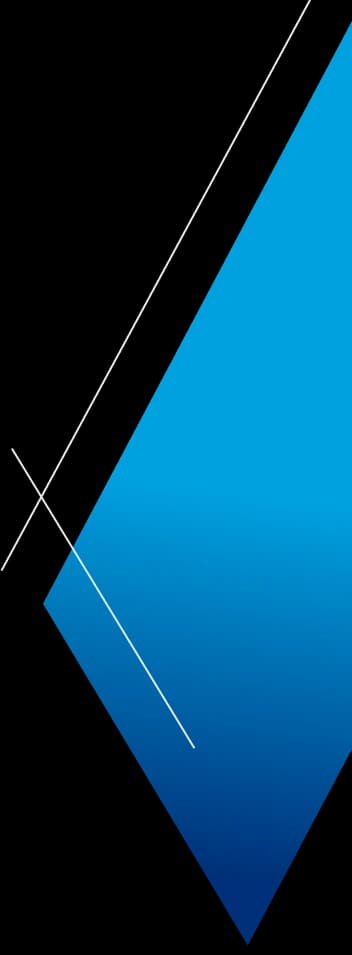February 21, 2022
Engineers Week 2022
For Engineers Week 2022, we are asking engineers across KAES about their profession and passions.
Across our plants and facilities, our engineers put their experience and training to work every day. They represent many different engineering specialties from environmental to mechanical, chemical to project, software to process and everything in between.
For Engineers Week 2022, we are asking engineers across KAES about their profession and passions.
Q: When did you know you wanted to be an engineer?
“Late in high school, I started researching careers that appealed to my analytical and pragmatic nature. Though a bit intimidated, I eventually settled on engineering as I felt it would provide the flexibility and creative challenges I was looking for, while offering the chance to make a difference.”
—Kathleen Yamamoto, ammonia plant engineer, Koch Fertilizer Brandon
“I loved chemistry, physics and biology in high school, and I thought I wanted to be a doctor. I had heard that medical schools love engineers, so I decided to study chemical engineering for my undergrad. After about a year in college, I found that I really liked engineering and couldn’t remember why I once wanted to be a doctor.”
—Ryan Redd, project manager, Koch Fertilizer Enid
"I knew I wanted to be an engineer my senior year of high school. I was part of a robotics club and fell in love with programming through the club."
—Alex Wendte, software application developer, KAES IT
Q: What do you think the future of engineering looks like?
“As technology improves in the future, the role of the engineer will be to look at innovations and ask themselves how it can create value for them and their team.”
—Matt Alvey, environmental engineer, Koch Methanol St. James
“I think the engineering field is moving towards data-driven sciences like machine learning and artificial intelligence. The field is also changing to where the developer is focusing more on business logic rather than undifferentiated heavy lifting, such as the serverless-first approach and utilizing heavily services.”
—Alex Wendte, software application developer, KAES IT
“Stewardship excellence and innovation are becoming increasingly important. There is a much greater emphasis on reducing adverse environmental impacts and leveraging emerging technologies to stay competitive. Because of this, being innovative and adaptable to change are more important than ever. The future of engineering looks to have people doing more high value analytical work and less manual, administrative work due to advancements in automation.”
—Kathleen Yamamoto, ammonia plant engineer, Koch Fertilizer Brandon
Q: What is most fulfilling about your job?
“The most fulfilling part of my job is working with cross-discipline resources. Being in environmental compliance, I’m not a traditional civil engineer. It’s interesting for me to talk to our rotating engineers about how pumps work and preventative maintenance schedules, dig into models with process engineers to estimate emissions, and talk with our operators about valve line-ups and how our plant “really” operates. In my role, I’m given the opportunity to reach far beyond my excel calculations.
—Christen Hoffman, environmental leader, Koch Fertilizer Fort Dodge
“The most fulfilling thing has been to take an empty space or empty ‘slate’ and work with a team to imagine how and what we will build there, and then follow through the whole process and see it built and become productive. This has all been possible because Koch has entrusted me with significant monetary resources to build really cool stuff.”
—Ryan Redd, project manager, Koch Fertilizer Enid
“The most fulfilling part of my job is getting to see ideas put into action, whether it be upgrading small control valves or full-scale engineering projects to improve equipment reliability, personal safety, plant profitability, etc.”
—Kathleen Yamamoto, ammonia plant engineer, Koch Fertilizer Brandon
Q: What is it like to be an engineer in Koch Fertilizer/KAES?
“It’s a job with a lot of variety. Depending on the day we end up doing a lot of different tasks, which is fun. Some days you may be in the plant for most of the day while other days you might be doing calculations on the computer. It’s a nice mix.”
—Woody Rittenberger, process engineer, Koch Fertilizer Beatrice
“I absolutely love my job at KAES and the environment fits me very well. I feel at KAES, entrepreneurs thrive. We are expanding and growing our technical capabilities at a rapid pace, and this allows people to take on new responsibilities and experiment with and learn new technologies. KAES is a company where you can get out as much as you put in and as much as you are willing to work for.”
—Alex Wendte, software application developer, KAES IT
“Being an engineer in KAES is a getting to work in a collaborative environment, where a lot of talented people are around you to help you and the team/site/company work towards our goals and achieve our vision.”
—Matt Alvey, environmental engineer, Koch Methanol St. James
Q: How has your role transformed since you began?
“When I started with Koch, we were using a lot of spreadsheets, over time we’ve started to use more new technologies that allow us to work faster.”
—Woody Rittenberger, process engineer, Koch Fertilizer Beatrice
“Early in my career, I got a lot of opportunities to gain technical skills where I had interest. I went to several trainings and shadowed several people to learn about our facilities. Now in my career, I’m able to focus on my “soft skills.” My focus areas now are leadership, supervisor, and culture development. Hindsight, I wish I would’ve gained more soft skills earlier in my career. This opportunity to be responsible in shaping my career is imbedded in Koch’s culture.”
—Christen Hoffman, environmental leader, Koch Fertilizer Fort Dodge
“I have been able to go from helping with projects to owning programs. The opportunities to grow my role and capabilities have been abundant.”
—Matt Alvey, environmental engineer, Koch Methanol St. James
Q: What would you tell someone who is considering being an engineer?
“First, find a path that matches your interests, it will be easier in the long run because you’ll like doing it. Second, getting an engineering degree can open up a lot of options, so even though you may not end up working in your given engineering field, you’ll have skills that will set you up for success in other ways.
—Christen Hoffman, environmental leader, Koch Fertilizer Fort Dodge
“Give it a shot! Try out some engineering courses and see if you like them. You probably won’t like every class, but if you like some of them it may be for you!”
—Woody Rittenberger, process engineer, Koch Fertilizer Beatrice
“Just do it! Engineering is a great opportunity, and it is worth the considerable effort to get through the schooling. If you find the field you have gone into is not what you were expecting, then you can change to a different field. I think you can’t go wrong with engineering.”
—Ryan Redd, project manager, Koch Fertilizer Enid



